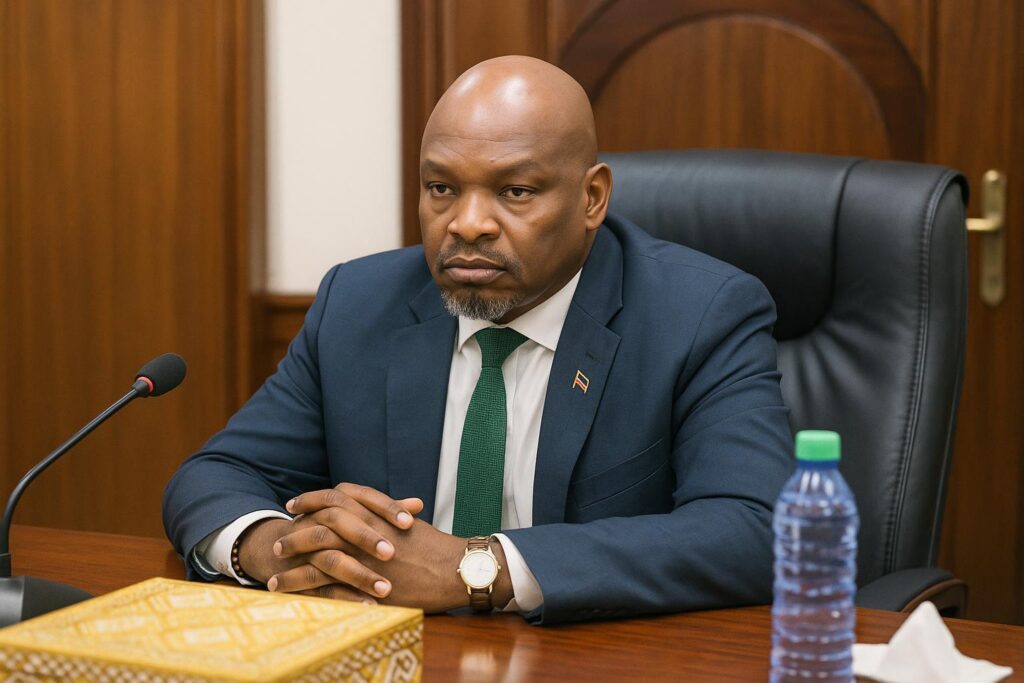South Sudan Parliament Summons Vice President
The Transitional National Legislative Assembly in Juba has voted to summon Vice President Dr. Benjamin Bol Mel Akol, signaling a rare exercise of constitutional oversight aimed at clarifying allegations of economic mismanagement, security overreach and questionable use of public finances.
Security Controversies Under Scrutiny
Lawmakers referenced the 2014 Nasir episode, claiming vice-presidential interference influenced military deployment and escalated local conflict, an assertion they say falls under Article 55(3) oversight provisions and deserves formal clarification from the executive branch.
MPs further allege that Ugandan troops were briefly housed on Dr. Bol Mel’s private farmland, a move they argue could undermine Article 151(3) on foreign forces and rekindle sovereignty debates linked to the contested Kajo-Keji border zone.
Economic Mismanagement Claims
Economic committees complain of monopolised road contracts, opaque petroleum revenue flows and disputed transfers alleged to benefit entities connected to the vice president, potentially contravening Article 185 and undercutting the fragile macro-stability targeted by the 2023 Public Finance Management Act.
Representative Machok Majong Jong argues that unchecked diversions of state funds risk aggravating inflation and delaying salary arrears, issues that already test public patience in a country recovering from years of conflict.
Political Implications and Stakeholders
Analysts note that the summons, if honoured, could strengthen parliamentary legitimacy and reassure donors eyeing Juba’s reform commitments, yet a refusal might deepen mistrust and feed narratives of impunity.
Government spokespersons emphasize that due process will be respected, stressing the vice president’s constitutional right to present facts and that the assembly’s move should not be interpreted as hostility toward the Presidency.
Citizen Reactions in Juba
On Juba’s streets, citizens express cautious optimism, saying transparent questioning could mark a turning point for accountability; others fear political theatrics may overshadow bread-and-butter concerns such as food prices and school fees.
Civil society activist Aluel Deng observes, “An open hearing would remind every office holder that state resources are not personal allowances, a message the youth have long demanded”.
Timeline for the Special Session
The assembly’s secretariat is drafting a timetable for the special session, expected within a fortnight, while security committees coordinate protocols to ensure decorum and media access once proceedings begin.
Regardless of the outcome, the summons has already ignited debate about the evolving balance between South Sudan’s youthful legislature and a still-consolidating executive branch.


